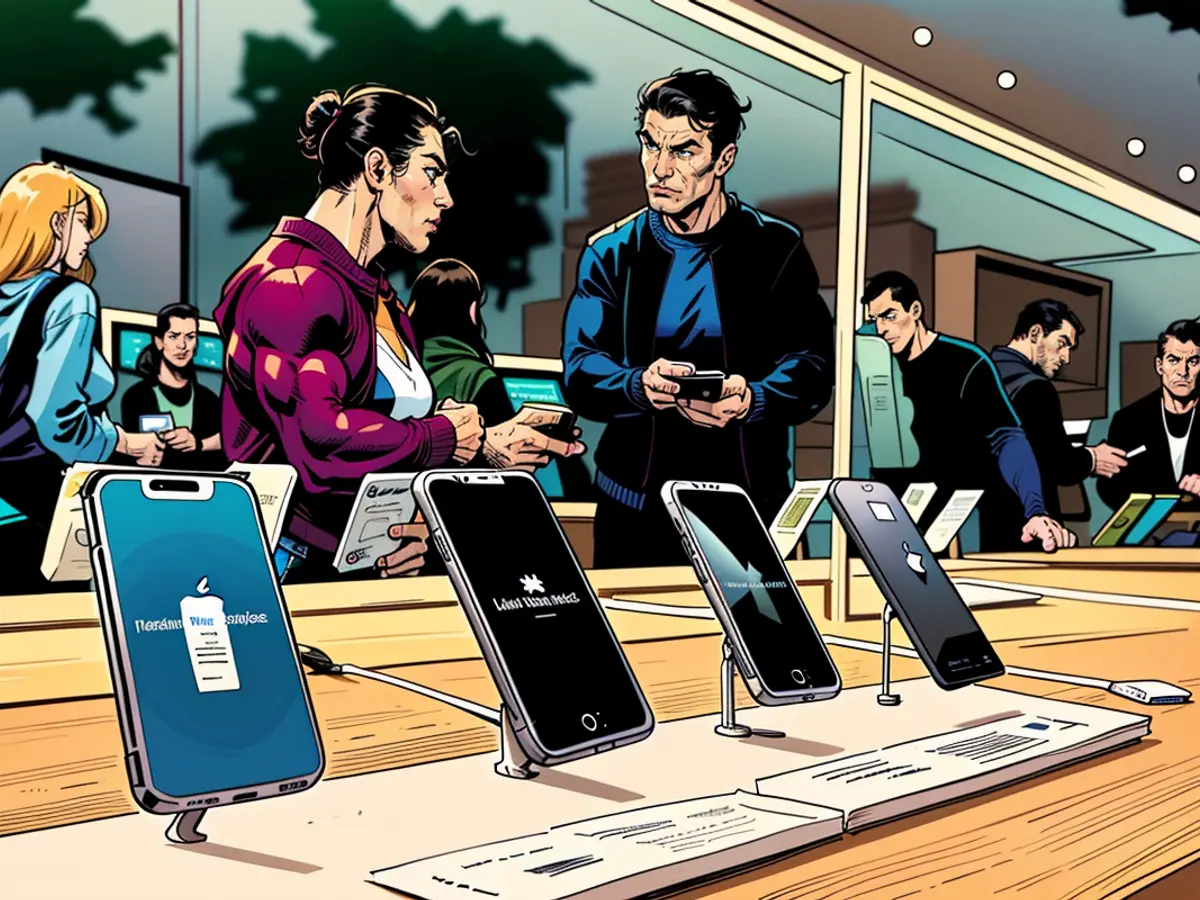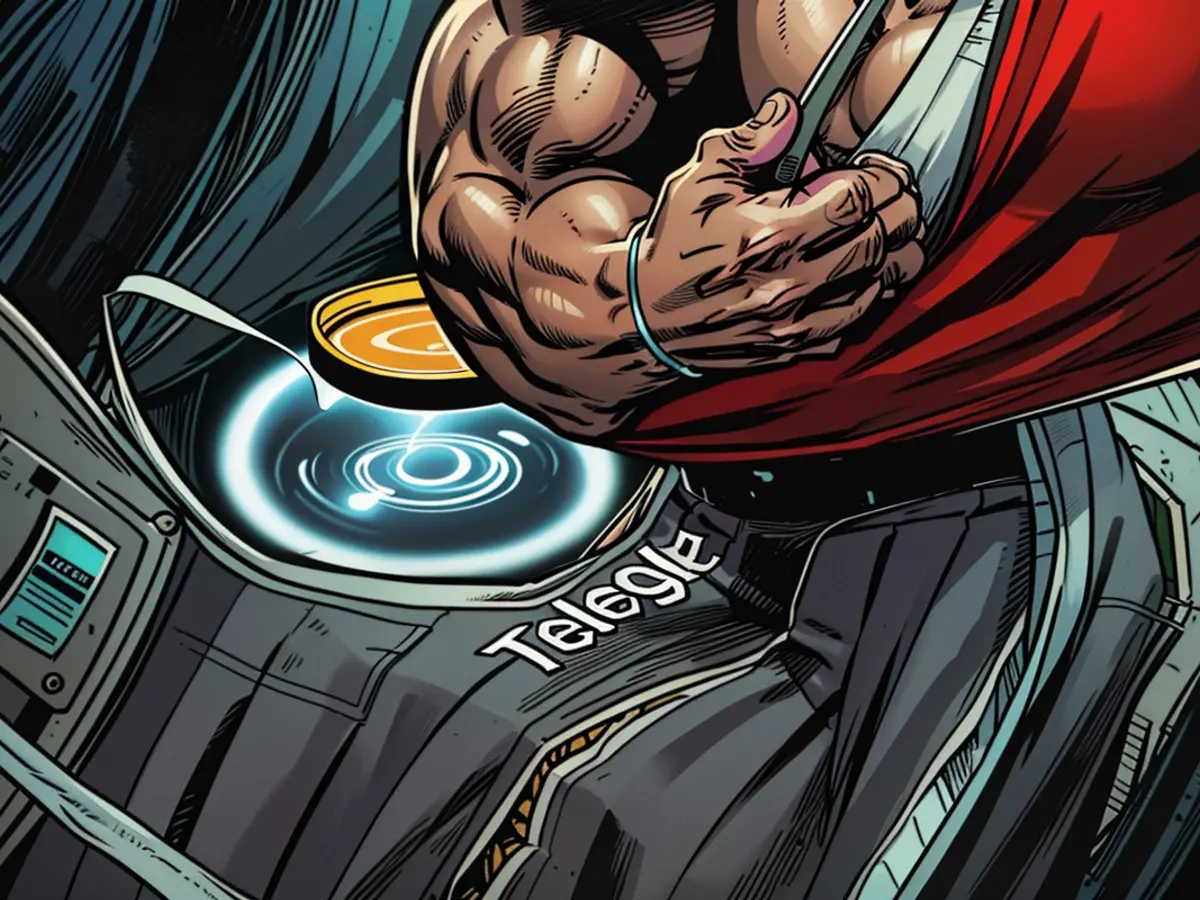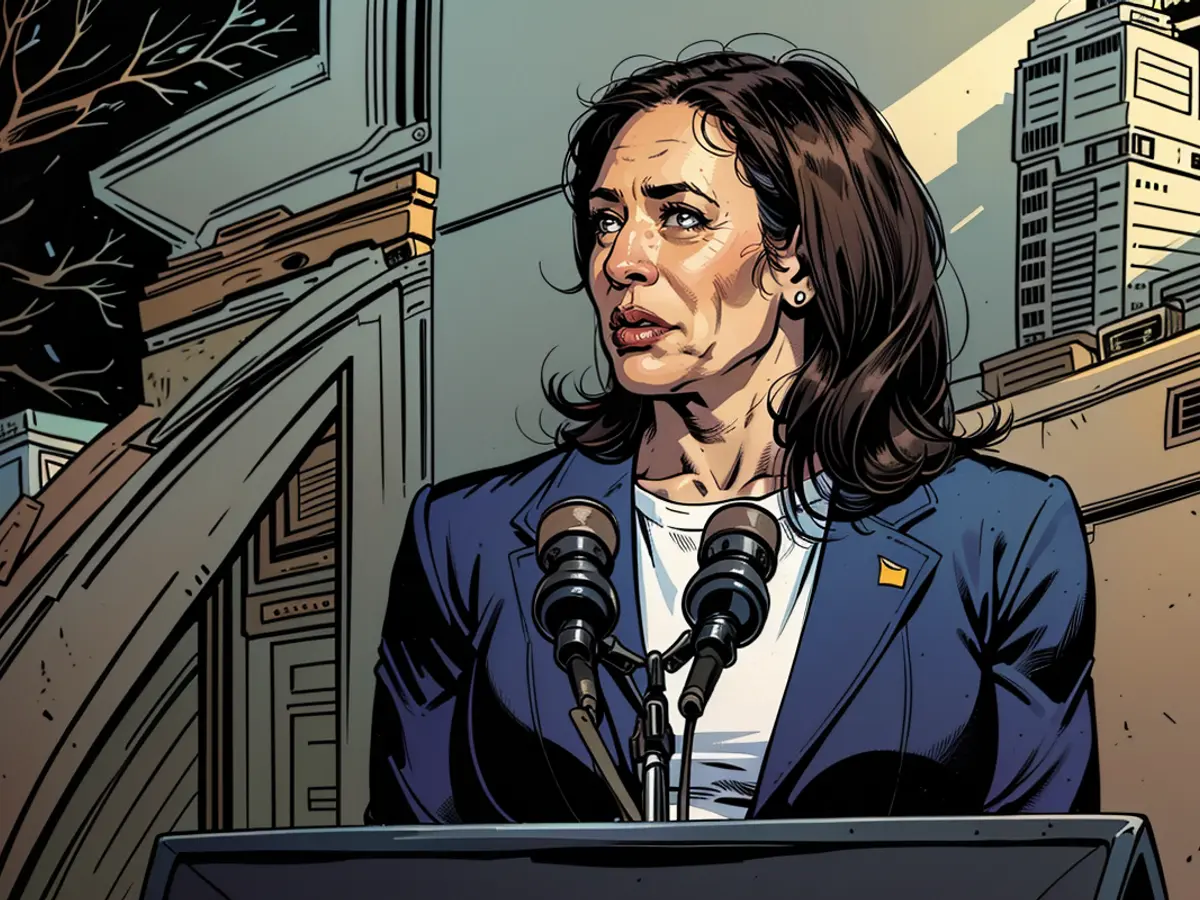Elon Musk dice che la guerra civile è inevitabile mentre il Regno Unito è scosso da rivolte di estrema destra.
E il capo agitatore Elon Musk non se ne sta con le mani in mano.
Il CEO di Tesla e proprietario di X ha pubblicato domenica sul piattaforma che "la guerra civile è inevitabile" in risposta a un post che incolpava le violente dimostrazioni degli effetti di "migrazione di massa e frontiere aperte."
Lunedì, un portavoce del primo ministro britannico ha affrontato il commento di Musk, dicendo ai reporter "non c'è giustificazione per questo."
La decisione di Musk di amplificare la retorica anti-immigrati evidenzia il ruolo che le informazioni false diffuse online stanno giocando nell'istigare la violenza nel mondo reale - un problema di crescente preoccupazione per il governo britannico, che martedì ha promesso di portare davanti alla giustizia coloro che sono responsabili dei tumulti, nonché i loro sostenitori online.
Negli ultimi giorni, i rivoltosi hanno danneggiato edifici pubblici, dato fuoco alle auto e lanciato mattoni contro gli agenti di polizia. Hanno anche dato alle fiamme due hotel Holiday Inn nel nord e al centro dell'Inghilterra, creduti ospitare richiedenti asilo in attesa di una decisione sulla loro richiesta. Centinaia di persone sono state arrestate.
I tumulti sono scoppiati la scorsa settimana dopo che i gruppi di estrema destra hanno dichiarato sui social media che l'uomo accusato di aver compiuto un orribile attacco con coltello che ha lasciato tre bambini morti era un musulmano richiedente asilo. La campagna di disinformazione online ha scatenato l'indignazione contro gli immigrati.
Il sospetto, che è stato poi identificato come il 17enne Axel Rudakubana, è nato nel Regno Unito, secondo la polizia.
Ma le false affermazioni sull'attacco - il peggior attacco con coltello di massa contro i bambini in Gran Bretagna da decenni e probabilmente di sempre - si sono diffuse rapidamente online e hanno continuato a raccogliere visualizzazioni anche dopo che la polizia aveva chiarito le cose.
Secondo l'Istituto per il Dialogo Strategico, un think tank, entro il tardo pomeriggio del 30 luglio, il giorno successivo all'attacco, il falso nome aveva ricevuto più di 30.000 menzioni su X da più di 18.000 account unici.
"Il falso nome attribuito all'attaccante è stato diffuso organicamente ma anche raccomandato agli utenti dagli algoritmi delle piattaforme", ha detto l'ISD in una dichiarazione.
"Le piattaforme hanno quindi amplificato la disinformazione agli utenti che potrebbero non essere stati esposti, anche dopo che la polizia aveva confermato che il nome era falso."
Secondo il governo britannico, i bot, che ha detto potrebbero essere collegati ad attori statali, potrebbero aver amplificato la diffusione delle false informazioni.
Lottare contro la "criminalità online"
although social media companies have their own internal policies barring hate speech and incitement to violence from their platforms, they have long struggled to implement them.
"The problem has always been enforcement," Isabelle Frances-Wright, a technology expert at the IDS, told CNN. "Particularly in times of crisis and conflict, when there is a huge groundswell of content, at which point their already fragile content moderation systems seem to fall apart."
Does not help matters that Musk himself has promoted incendiary content on X, a platform that European regulators last month accused of misleading and deceiving users. If he can do it, why not others?
For example, shortly after the October 7 Hamas attack on Israel and the ensuing outbreak of the war in Gaza, the self-declared “free speech absolutist” publicly endorsed an antisemitic conspiracy theory popular among White supremacists. Musk later apologized for what he called his “dumbest” ever social media post.
On his watch, X has also relaxed its content moderation policies and reinstated several previously blocked accounts. That includes far-right figureheads like Tommy Robinson, who has published a stream of posts stoking the UK protests, while criticizing violent attacks.
The UK government this week vowed to prosecute “online criminality” and has pushed social media companies to take action against the spread of false information.
“Social media has put rocket boosters under... not just the misinformation but the encouragement of violence,” UK Home Secretary Yvette Cooper said Monday.
“That is a total disgrace and we cannot carry on like this,” she told BBC Radio 5 Live during an interview, adding that the police will be pursing “online criminality” as well as “offline criminality.”
During a cabinet meeting Tuesday, UK Prime Minister Keir Starmer said those involved in the riots — in person and online — “will feel the full force of the law and be subject to swift justice,” according to a readout seen by CNN.
At the same meeting, Peter Kyle, the minister for science and technology, said that in conversations with social media companies he had made clear their responsibility to help “stop the spread of hateful disinformation and incitement.”
X, Facebook owner Meta and TikTok have not responded to CNN’s requests for comment.
It is unclear that the UK government has the tools to hold social media platforms accountable for their role in the riots.
The UK’s Online Safety Act, adopted last year, creates new duties for social media platforms, including an obligation to take down illegal content when it appears.
It also makes it a criminal offense to post false information online “intended to cause non-trivial harm.”
But the legislation is not yet in effect because the regulator in charge of upholding it, Ofcom, is still consulting on codes of practice and guidance.
In a statement Monday, Ofcom said tackling illegal content online is a “major priority.” The watchdog expects the first set of duties under the new Act, regarding illegal content, to go into effect “from around the end of this year.” Once the law is in place, Ofcom will be able to fine companies up to 10% of their global revenue.
“As part of our wider engagement with tech platforms, we are already working to understand what actions they are taking in preparation for these new rules,” Ofcom added.
Rob Picheta and Lauren Kent contributed reporting.
Nel mondo degli affari tecnologici, la piattaforma X di Elon Musk è stata criticata per aver apparentemente ingannato e tratto in inganno i suoi utenti, come evidenziato dai regolatori europei lo scorso mese. Inoltre, la decisione di Musk di amplificare i contenuti controversi su X solleva domande sull'influenza dei magnati della tecnologia sul dibattito online.






